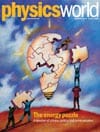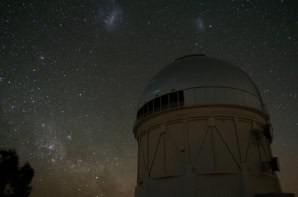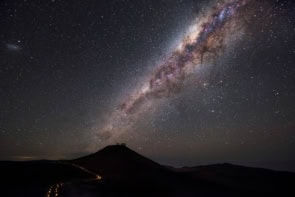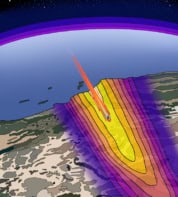A panel of US physicists and astronomers has identified a list of eleven fundamental questions about the nature of the universe that will require the combined skills of particle physicists and astrophysicists to answer. The questions are in "From quarks to the cosmos", the first report from the committee on the physics of the universe set up by the National Academy of Sciences.

The eleven questions are:
* What is dark matter?
* What are the masses of the neutrinos, and how have they shaped the evolution of the universe?
* Are there additional spacetime dimensions?
* What is the nature of the dark energy?
* Are protons unstable?
* How did the Universe begin?
* Did Einstein have the last word on gravity?
* How do cosmic accelerators work and what are they accelerating?
* Are there new states of matter at exceedingly high density and temperature?
* Is a new theory of matter and light needed at the highest energies?
* How were the elements from iron to uranium made?
The committee is keen to bring physicists and astronomers together to tackle these questions, and is optimistic that the enormous leaps in technology – including the exponential growth of computing speed – and our understanding of the universe that have occurred over the last twenty years will bring fresh insights to the debate. A second report, due in late 2001, will prioritize the questions and make recommendations about funding.



